Creating a full-fledged interactive application or program using a high-level programming language could be daunting if you write the code from scratch. Using a library, however, could make this task easier. If you are developing a C++ project, here we have compiled a list of the best C++ libraries.
Every high-level programming language allows a developer to leverage another developer's code. This feature helps a programming language community grow when more developers come together and share their code. Among all, C++ is one of the oldest high-level and low-level object-oriented programming languages.
Right now, it is not as popular as it was during its golden days, and yet, it still has a huge loyal community across the globe. Many popular applications, such as Google Chromium and Mozilla Firefox, are built on C++.
Building a high-quality application using the standard code is very difficult, even for professional developers. That’s why developers use libraries that ease and hasten the application development process.
In this article, we have mentioned 15 of the most popular C++ libraries you can explore if you are done with the standard C++ library. But before we begin, let's first get a quick overview of a code library.
What is a (Code) Library?
A library is a collection of pre-written code, which includes pre-written classes, functions, methods, etc. It consists of various modules to accomplish different tasks. In simple terms, a library is a pre-developed, compiled, and tested code that lets developers accelerate their development process without the need to write code from the ground up. We need to import libraries into our program to enhance the program functionality without jotting down all the code from scratch.
Top 15 C++ Libraries To Boost Your Development Workflow
As CPP is among the oldest languages, it has a large community of developers who have already created a plethora of libraries. To help you pick the right one, here we are going to list the best C++ libraries list which will boost your productivity.
1. Boost
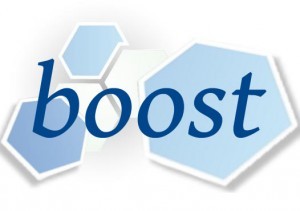
If you want to create a high-quality desktop application, you probably need Boost. It is a well-maintained, cross-platform collection of stable libraries that work smoothly with the CPP Standard library. It contains many packages with pre-written code that cover a broad spectrum of applications and functionalities.
Boost contains many libraries that provide direct support for linear algebra, pseudorandom number generation, multithreading, image processing, regular expressions, and unit testing in C++. You will find a suite of 164 libraries in Boost to accomplish various tasks.
It’s not like Boost is only for advanced developers. Even intermediate developers can explore this library for fulfilling general-purpose library - like the smart pointer library - uses.
But the drawback is that Boost has a steep learning curve. Also, it is large in size. So, the applications you develop using Boost have large executable sizes.
2. QT
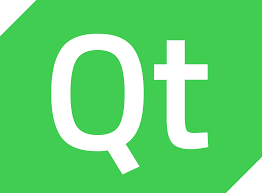
QT is one of the best choices for developers wishing to build graphical programs that can run on Windows, Linux, and macOS. Developed in C++, it is an open-source widget toolkit. Apart from desktop platforms, QT applications can also run on Android or embedded systems with little to no changes.
If you are not into graphical applications and, instead, like the terminal and console interfaces, even then, QT can also be of immense use. With it, developers can conveniently build non-GUI programs such as command-line tools and consoles for servers.
3. GSL

Math- and stats-loving developers who enjoy implementing these concepts in real life using programming can leverage GSL or GNU Scientific Library for the same purpose. GSL is a free-to-use numerical library that provides excellent support for programming in C++ and C .
GSL covers a wide range of mathematical routines, such as complex numbers, roots of polynomials, matrices, vectors, and calculus. You can find around 100 functions, along with an extensive test suite. It follows an object-oriented design, is thread-safe, and has no dependencies.
Furthermore, GSL is intended for ordinary scientific users. Anyone who knows some C or C++ programming will be able to start using the library straight away.
4. Active Template Library
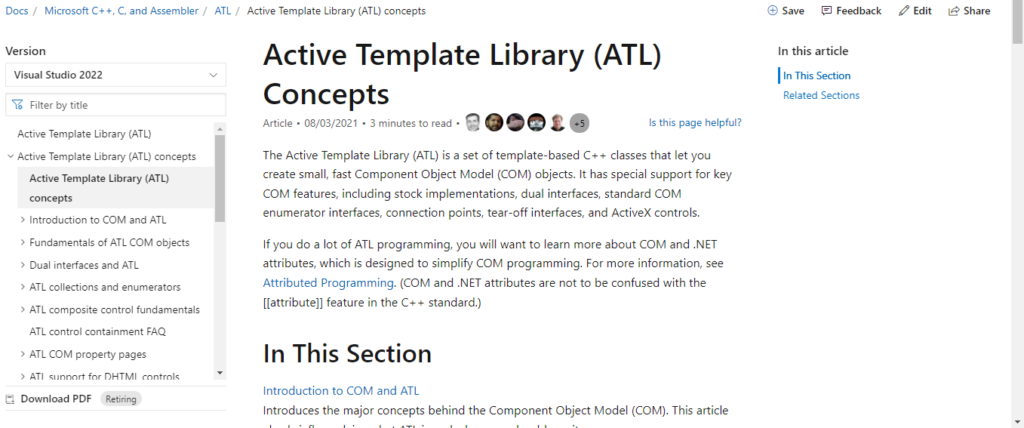
ATL, a.k.a. Active Template Library, is an open-source C++ template-based library designed to simplify the programming of Component Object Model (COM) objects. It supports various COM features, like stock implementations, dual interfaces, standard COM enumerator interfaces, connection points, tear-off interfaces, and ActiveX controls.
Microsoft developed ATL, especially for COM objects. It heavily relies on the curiously recurring template pattern. Before ATL, Microsoft developers used Microsoft Foundation Classes (MFC) for that, but it would include large binary files with DLL support.
5. Asio
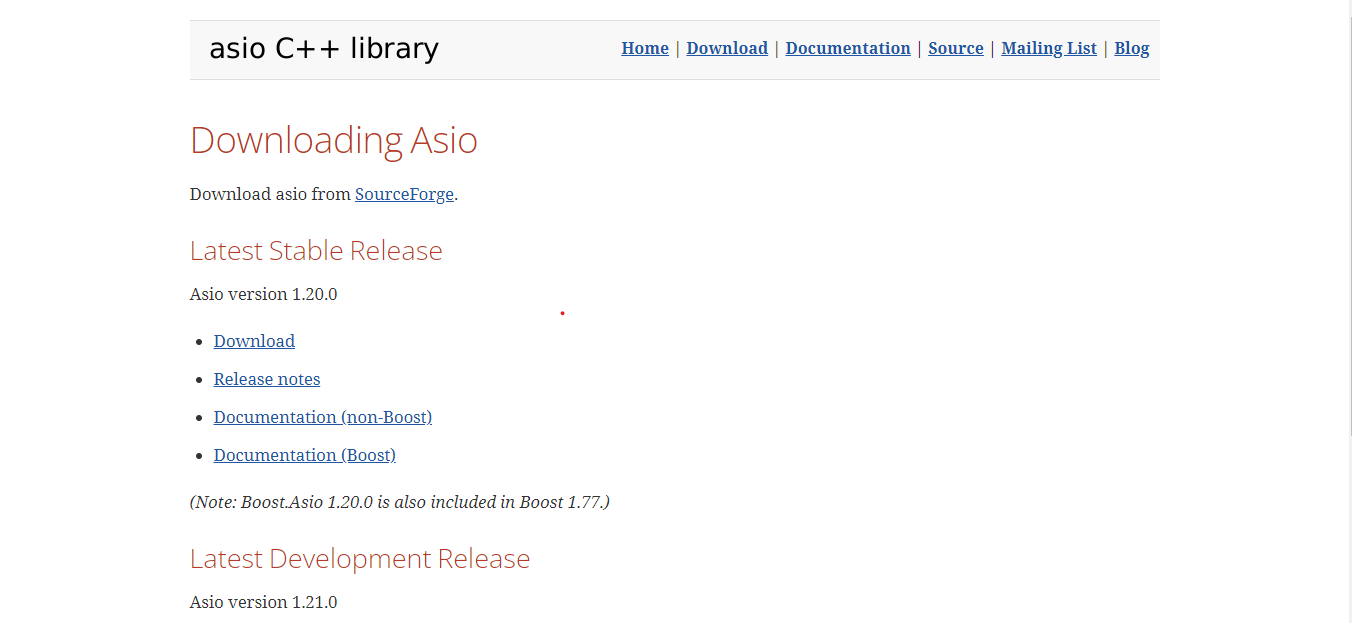
Asio is that part of the Boost library used for network and low-level I/O programming. It supports concurrency and helps developers work consistently with the asynchronous I/O model. It is compatible with FreeBSD, Windows, Linux, and macOS and is available under the Boost Software License.
This cross-platform library has been used in many live projects, including mobile device apps and games, dynamic and interactive websites, and real-time bank transaction systems.
6. Eigen

Eigen is a very powerful and free-to-use C++ template library for accomplishing maths and scientific projects. It includes routines like linear algebra, matrices, vectors, numerical solvers, and related algorithms.
This library supports arbitrary matrix dimensions, numeric types - including the std::complex - and integers. More interestingly, it supports custom numeric types. Also, it provides support for matrix decomposition and geometry features.
Furthermore, Eigen has good C++ compiler support, as we can run our test suite against many compilers to guarantee reliability and work around any compilation bugs. It is also standard C++98 and maintains very reasonable compilation times. Other than the standard CPP library, it has no other dependencies.
7. Dlib
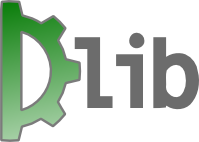
Dlib is for those who want to extend their C++ skills with machine learning algorithms and complex software. It is modern and freely available that can be used for real-world ML and complex algorithms. The Dlib library covers a wide range of applications, including domains like robotics, embedded devices, mobile phones, and large high-performance computing environments.
In addition to machine learning algorithms, it also includes numerical algorithms, graphical model inference algorithms, image processing, data compression and integrity algorithms, and testing. This library has extensive, well-explained documentation that helps you get acquainted with its built-in features. As an added benefit, the documentation also features sample programs.
8. OpenCV
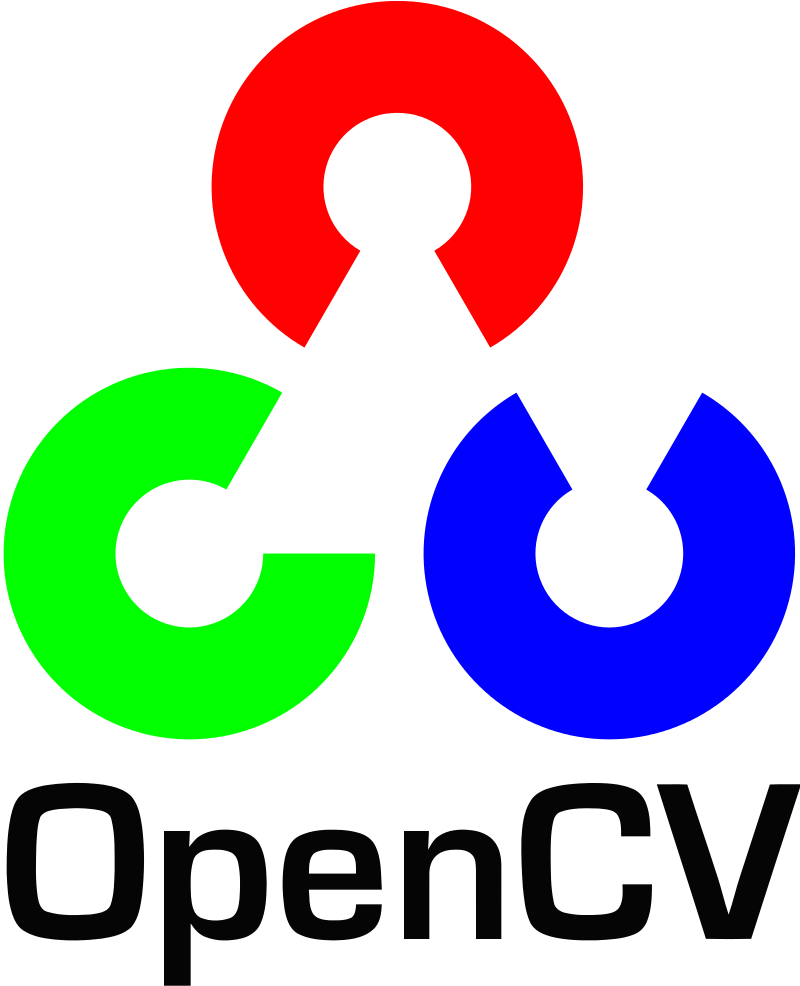
OpenCV, which stands for Open Source Computer Vision, is a well-known C++ library. There are, in fact, many high-level programming languages, such as Java and Python , that also provide support for OpenCV. It is a powerful open-source library that supports deep learning frameworks like Torch, TensorFlow and PyTorch . It is cross-platform compatible with Windows, macOS, FreeBSD, Linux, NetBSD, and OpenBSD.
Although mostly used for ML and deep learning , there aren't many C++ developers who use OpenCV, even though it is natively written in C++. It comes with many features that include 2,500 optimized algorithms for face recognition, object detection, object classification, 3D model extraction, image search, etc.
9. POCO C++
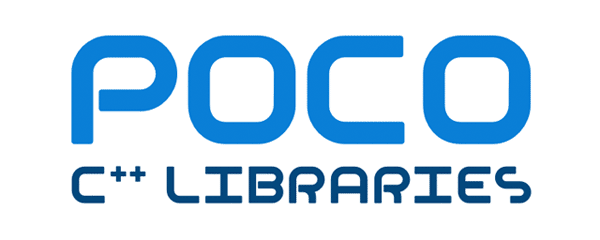
POCO (POrtable COmponent) C++ helps developers to build network-based web apps for desktop, mobile, and embedded systems. It is an ideal library for developers creating challenging and mission-critical web applications.
With the help of POCO C++, you can build automation systems, industrial automation, IoT platforms, air traffic management systems, enterprise IT application and infrastructure management software, security and network analytics, automotive infotainment, and telematics applications. It is useful for creating HTTP RESTful APIs for the cloud backend and server that talk to SQL databases, MongoDB , or Redis.
Some popular features of this library include cross-platform, easy-to-use, modular and scalar, multithreading, database access, logging, and support parsing and creating JSON and XML .
10. JUCE
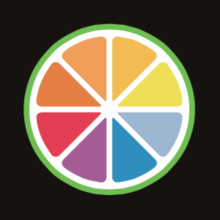
C++ has a GUI-based and open-source framework, JUCE, that can be used to develop desktop and mobile applications. It provides the best way to write C++ source code that can be compiled and run identically on Windows, macOS, and Linux.
The JUCE framework gives its users direct support for user-interface elements, graphics, audio, and parsing XML and JSON, networking, cryptography, and multithreading. An integrated interpreter that mimics ECMAScript's syntax and various other commonly-used features is also available.
11. Cinder
Cinder is useful for creative coding and is designed around C++ 11 features. It includes various domains like video, audio, graphics, and computational geometry. It is cross-platform that supports macOS, Windows, Linux, iOS, and Windows UWP.
Some significant features of Cinder include a built-in API for JSON and XML parsing, native macOS and Windows screensavers, platform-native windowing & event handling, seamless I/O from flat files, memory, and networks, and multi-touch APIs for iOS, macOS, and Windows 7.
12. FloatX
FloatX is a library for low-precision, floating point-type emulation. You can call FloatX in CPP programs and in Python and Fortran programs. With this header-only library, you can extend the floating-point beyond single and double precision types.
Moreover, you will find template types that ask you to enter the number of bits for the exponent and some major parts of floating point numbers. FloatX is completely developed in C++, based on the FlexFloat library (developed in C), and uses CPP wrappers. In addition, it provides a superset of FlexFloat’s functionalities. The only thing to remember here is that FloatX does not implement arbitrary floating point types.
13. oneTBB
oneTBB is an acronym for oneAPI Threading Building Blocks. It is a C++ library that offers high flexibility and simplifies the process of adding parallelism to complex applications. You don’t have to be a threading expert in using this library.
With oneTBB, you can effortlessly write CPP parallel programs with the aim to benefit from multi-core performance fully. You will have a set of functions, classes, and interfaces that helps you parallelize and scale code.
A few significant features of oneTBB include compatibility with other threading libraries, relying on generic programming, enabling users to implement parallelism instead of threads, and emphasizing scalable and data parallel programming.
14. mlpack
mlpack is a reliable and fast header-only C++ machine learning library. It comes with bindings to other languages, such as Go, Julia, R and Python . It helps users implement machine learning models and functions similar to a "swiss army knife" for machine learning researchers.
This library has robust interfaces and is lightweight, which makes it ideal for deployment. In addition, you can use it for interactive prototyping through C++ notebooks.
15. Crypto++
Crypto++ is a free and open-source C++ library comprising cryptographic algorithms and schemes. It is also referred to as CryptoPP, libcrypto++, and libcryptopp. It has applications in non-commercial, open-source, student, and academic projects. Being cross-platform, it supports Windows, macOS, iOS, Android, BSD, Linux, and Solaris.
Furthermore, Crypto++ provides various cryptographic algorithms and implementations for various operations, including Pseudorandom number generators, block cipher modes of operations, hash functions, secret sharing, and public-key cryptography.
Conclusion
That sums up the best C++ libraries. These libraries facilitate your development workflow by providing ready-to-use code. You can choose a library and import it into your source code based on your requirements.
All the libraries mentioned above are open-source so you can download them directly from their official websites. Otherwise, you can also use a C++ package manager to download the same for you.
If you know any other popular library, do let us know in the comments.
People are also reading:
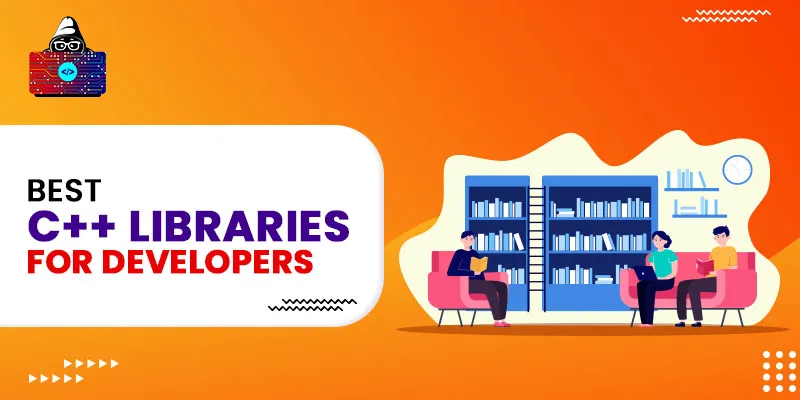




Leave a Comment on this Post